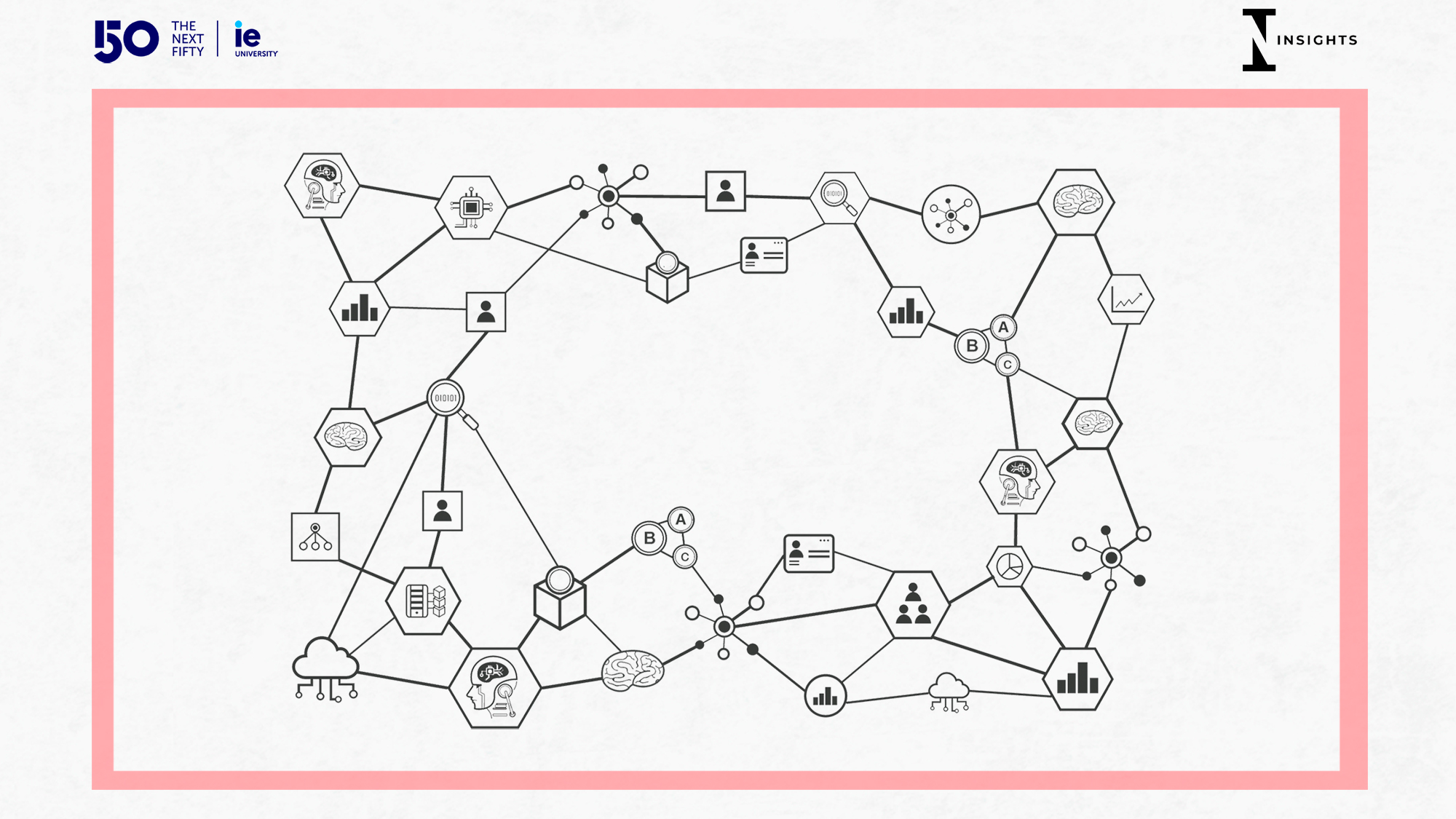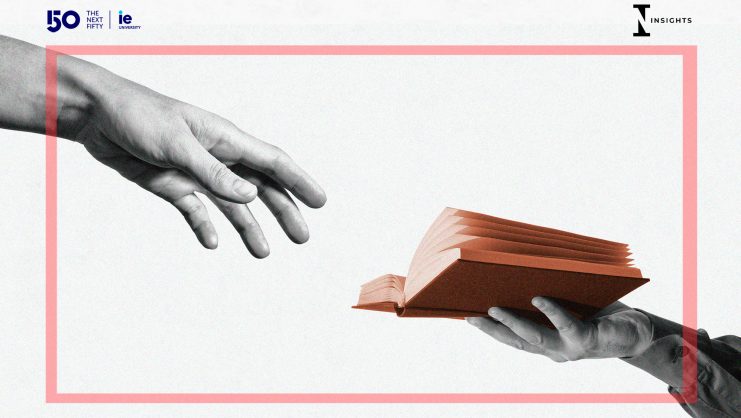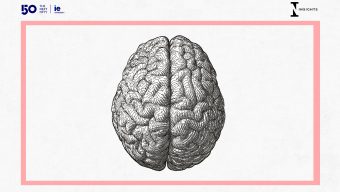An institution like IE University must fight each and every day to ensure that the wisdom and success that comes from maturity and experience does not also build walls that keep change and the future at bay, and that the institution and its activities continue to transform the lives and education of its students. I believe that we have successfully anticipated key questions, such as how entrepreneurship, internationalization, innovation, diversity, and humanities act as motors that drive change in education, creating a foundation of learning and an instrument of differentiation and forward thinking.
As an academic institution, we live permanently in a world where ideas need to change at light speed in order to lead educational platforms. And now, at a time when we again ask ourselves where to direct the university, my first idea is that IE University must move now commit to artificial intelligence, which will be the basis from which the education of the world’s students will move into the future.
With this in mind, four months ago I asked the now-archaic ChatGPT 3 what it had to say about me. It created the following paragraph:
“Diego del Alcazar has been a major advocate for higher education in Europe. He has worked to promote the development of quality higher education and to ensure that all students have access to quality educational opportunities. He has also been a strong advocate for the development of research and innovation in Europe, and has worked to ensure that universities are able to attract the best talent from around the world. He has also been argued for the development of international collaborations between universities, and for the development of new technologies and approaches to teaching and learning”.
When I fed it more data about myself, it gave me an increasingly complex answer. When I asked it questions about education and IE, it “spat out” its thoughts, which you can read here.
All this is to say that artificial intelligence will inevitably be the backbone of production, education, and other fields. This tool will bring an impressive transformative power to almost all human activities. We must therefore push for it to become a medium that is easy for students and teachers to use, a cutting-edge resource to achieve differential goals. There is no end to how education and artificial intelligence will interact in the future and, thus, IE University should manage and embed it in everyday life and ensure that it drives our already well-established best practices. The future of education will be based, in any case, on artificial intelligence – as core and as a tool.
Perhaps with this choice, for my part, it is time to mention that AI will be the source of other technologies such as blockchain, the internet of things, big data, and virtual or augmented reality.
These new tools will give us the ability to develop different skills at an unprecedented level: from telecommunications to the development of protein structures in the field of medicine, as well as helping us to optimize the blockchain to avoid excessive energy consumption, and also to create technological systems that provide access to art, culture and literature. Educational institutions will be responsible for providing young people with the tools necessary to develop the critical thinking needed to ensure that AI will always be an adjunct to human endeavor.
Note that my aim is not to forget these other important sectors, but instead to point out that digitalization has reached a plateau and that it will be on top of artificial intelligence that the new technologies will be developed and that we should therefore focus on teaching our students and professors about the potentialities of artificial intelligence.
© IE Insights.





